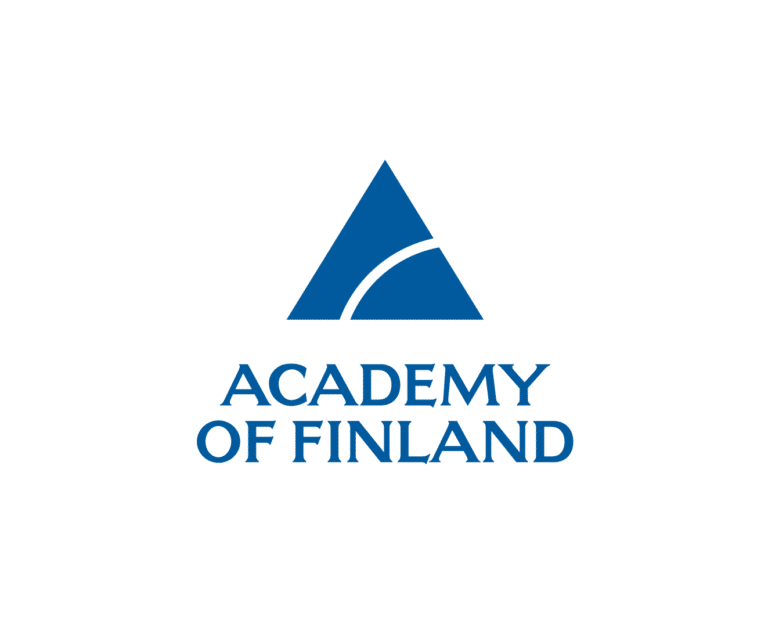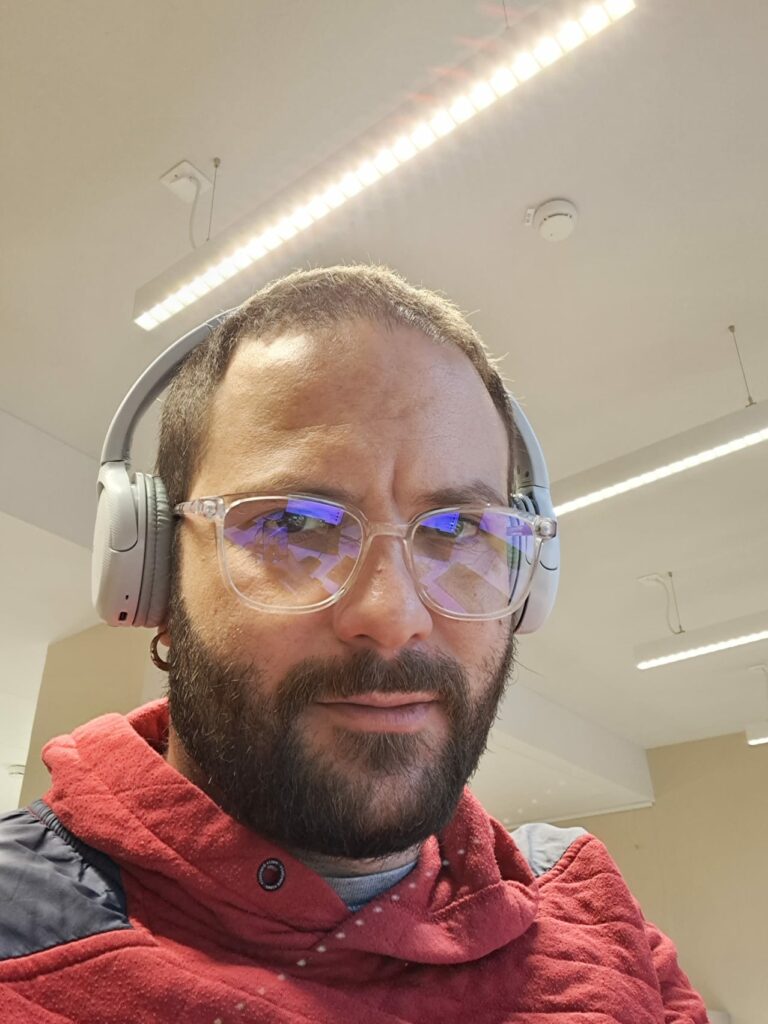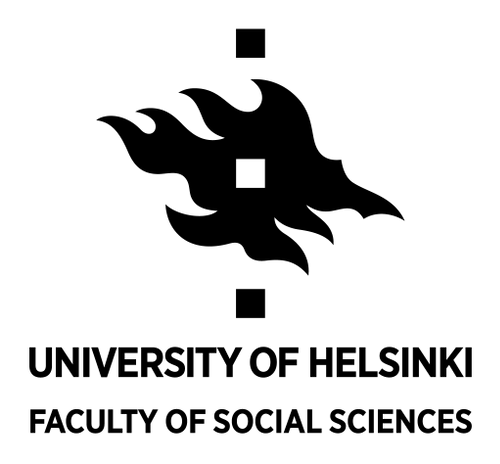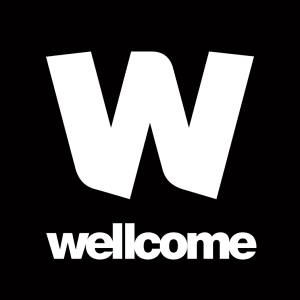Today’s world is facing social, cultural, economic and political disruption, accelerating ecocide and climate change, and changes in disease dynamics, such as new pandemics and antimicrobial resistance. The Resilient and Just Systems (RESET) research project aims to develop the holistic approach needed to find sustainable and just solutions to the wicked problems formed by these disruptions and to increase system resilience – the ability to persist, resist, adapt and/or transform in the face of pressure.
RESET creates novel inter- and transdisciplinary research across life and social sciences by bringing together expertise from eight faculties (Biological & Environmental Sciences, Agriculture & Forestry, Pharmacy, Veterinary Medicine, Medicine, Educational Sciences, Theology, and Social Sciences) as well as the independent Helsinki Institute of Life Science HiLIFE. It also fosters collaboration with stakeholders in and outside academia, jointly developing new boundary-crossing theories and methods.
Research themes
RESET tackles globally challenging sustainability issues across four interrelated themes.
Theme 1: Emerging infectious diseases in changing environments
Conceptual and technological breakthroughs are needed to prevent future pandemics. Key research topics under this theme include: i) developing novel methods for the surveillance of microbes circulating between people, animals and the environment; ii) understanding pathogen–host interactions and the mechanisms of pathogenesis using novel in vivo and in vitro model systems; and iii) assessing the ecology and evolution of AMR as well as the social practices that drive these.
Theme 2: Health and welfare of domestic animals and wildlife
Animals are crucial for understanding the fundamentals of biological resilience. Under this theme, we will deepen our understanding of i) adaptive physiology and disease dynamics; ii) effects of changing environments on resilience; iii) resilience capacity of animals to environmental stressors; and iv) the surveillance and regulation of the cross-border mobility of animals in relation to infectious disease emergence.
Theme 3: Resilient, just and safe food and water systems
There is an urgent need for triggering changes toward more circular production and consumption systems and for supporting social and psychological resilience of people. Under this theme, we combine our strong expertise in sustainable food and water systems and environmental health to contribute to i) the development of novel technologies and policy solutions; ii) the improvement of life cycle assessment (LCA) and carbon footprinting methodology; iii) the surveillance of zoonotic pathogens and AMR in food-producing environments; and iv) the development of climate smart foods and benign-by-design medicines.
Theme 4: New research paradigms for just socio-ecological change
Under theme 4, we will bring together key questions related to the other themes and develop new transdisciplinary research paradigms that combine intellectual traditions in the life sciences and social sciences as well as participatory approaches to knowing. Questions of justice, sustainability ethics, and hierarchies in knowledge production (e.g., the Global North versus the Global South; people versus nature; academic versus experience-based knowledge) are centred in the development of novel ways of thinking.
Opportunities for collaboration
To explore ways of co-learning, co-existing and collaborating, RESET invites academics to self-organize into multidisciplinary groups that cross the life and social sciences. These ‘RESET Clusters’ are supported as part of the RESET environment. For more information on RESET Clusters, please contact researcher Khalil ‘Avi’ Betz-Heinemann at avi.betz-heinemann@helsinki.fi.
As part of RESET, each of the participating campuses organizes different events. On the Central Campus, RESET hosts monthly academic discussions on topics bridging life and social sciences. If you are interested in attending or hosting one of these discussions, please contact coordinator Pablo Fuentenebro at pablo.fuentenebro@helsinki.fi.




